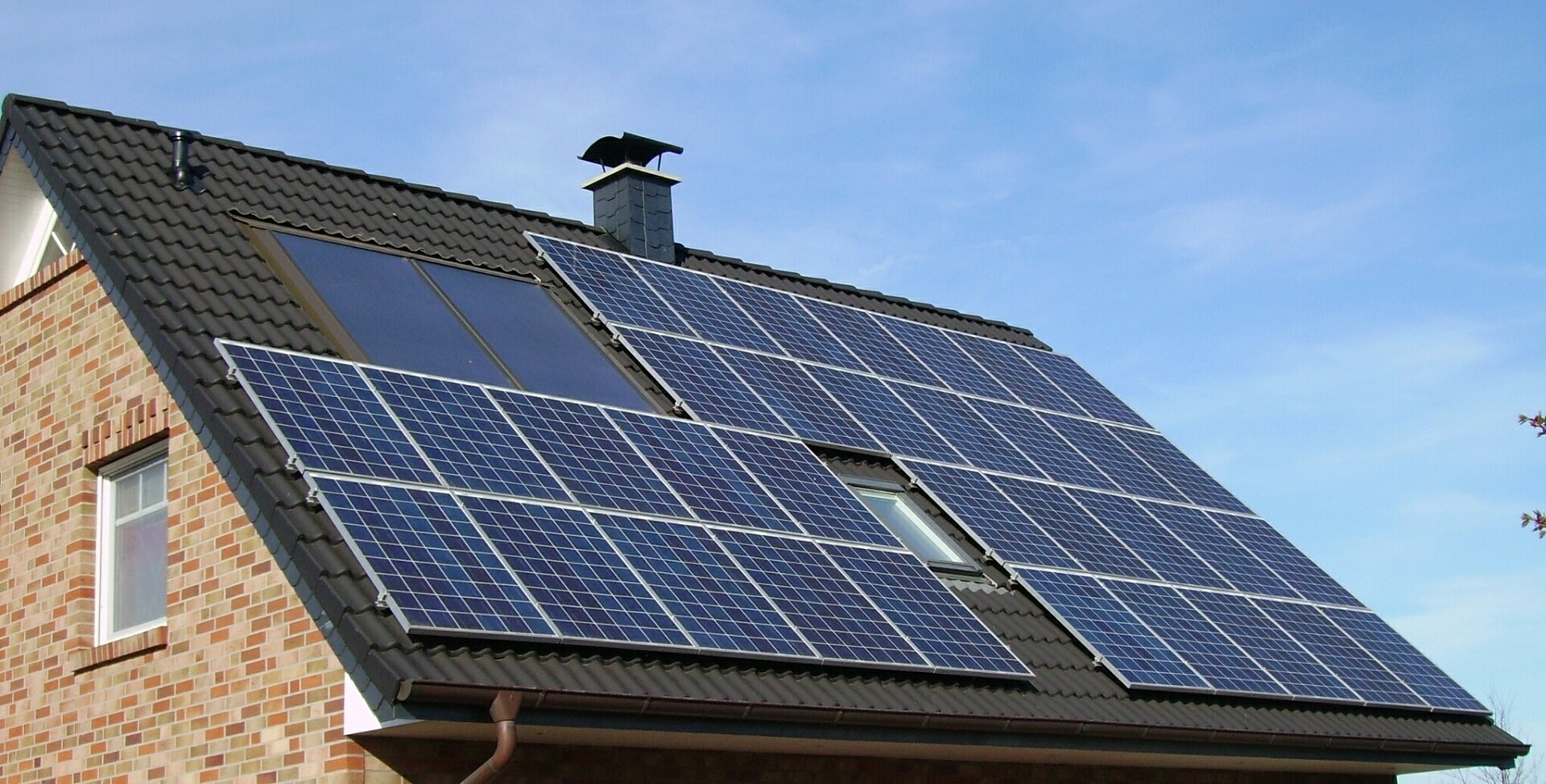Did you know the solar industry employs more workers than the coal, natural gas, and petroleum energy sectors combined? With all the jobs created and the cutbacks in the fossil fuel market, you may be interested in going solar, but doing so involves taking on some debt.
How does solar panel financing work? We have all the information you need. Read on to learn more about how you can go solar today and what it may involve.
Overview of Solar Panel Financing
Solar panel financing works by allowing homeowners to purchase or lease solar panels or other solar energy products with the help of renewable energy financing.
Homeowners who finance their solar energy system can pay either a lump sum, or in some cases a loan, to purchase the system. To finance the cost of the system, the customer may obtain a loan through the solar energy industry or a bank or other lending institution.
The customer will then enter into a contract with the solar energy company and make a monthly payment that includes all expenses, such as taxes, installation, monitoring, and maintenance.
Types of Solar Panel Financing Options
Financing for solar panels can come in a variety of forms. The two most common types of Solar Panel Financing Options include direct and third-party financing.
Direct Financing
The business pays simple monthly installments to the solar manufacturer over time and retains ownership of the solar panel system.
Third-Party Financing
A third-party entity owns the system and collects payments from the customer.
In both cases, the customer typically signs a contract agreement and makes monthly payments that cover the cost of the following:
- solar panel system
- installation
- related services
This makes Solar Panel Financing a great way for businesses to go green and keep the high up-front costs to a minimum.
Advantages and Disadvantages of Solar Panel Financing
Solar panel financing is an attractive option for individuals or companies looking to invest in solar power. The advantages of financing solar panels include the:
- low startup costs
- low interest rates
- potential tax credits
With solar panel financing, customers typically take out a loan from their local bank or another lender to fund the purchase. This loan can either be used to purchase the solar panels outright, rent equipment, or lease the solar power system.
The loan repayment is usually made in installments over a predetermined period of time. The main disadvantage of solar panel financing is the higher monthly payment.
Customers must ensure that they can afford the repayments and that there is a return on investment so that the purchase is worthwhile.
Solar panel financing can be a great way to invest in clean energy, but it is important to do your research and assess all the pros and cons before deciding.
Planning and Budgeting Considerations
When it comes to planning and budgeting considerations when financing solar panels, there are a few factors that need to be taken into account. Firstly, the upfront cost of the solar panels and installation must be factored into the budget and plan.
This will impact the length of the loan that is necessary for repayment. The longer the loan period, the cheaper the overall financing costs will be. In addition to the upfront costs, other budget and plan considerations, including monitoring, maintenance, and insurance, must also be taken into account.
The solar financing package may also include an option for the manufacturer or provider to install a monitoring system that can provide feedback on the performance of the solar panel system.
You may check here to learn more about the cost.
Understanding Tax Credits and Incentives
Understanding the tax credits and incentives available for solar panel systems can often make the investment more attractive, as those credits and solar panel incentives can significantly reduce the net cost of the system over time.
Depending on the provider, solar panel financing may require annual payments and can last for up to twenty years.
By understanding the tax credits and incentives associated with solar panel systems, consumers can more accurately determine the costs and savings associated with the purchase.
Estimating Your ROI With Solar Panel Financing
When calculating your return on investment (ROI) for solar panel financing, a couple of key things must be taken into account. It is important to factor in the following:
- total installation cost
- costs for maintenance and monitoring
- payment duration and amounts
- estimated energy savings
By taking all of these into consideration, you should be able to accurately estimate the ROI on your solar panel financing.
Tips for Choosing the Best Solar Panel Financing Solution
Solar panel financing is an important factor to consider. Solar panel financing typically involves obtaining a loan or lease agreement to cover the cost of the panels and installation.
In most cases, the solar panel financier is paid on a monthly basis, similar to a mortgage loan. The terms of this loan or lease agreement will vary depending on the financier and the size of the solar panel system.
When considering solar panel financing, you should consider the interest rate, size of the loan, and terms of repayment. It’s important to ensure you have the capacity to make the required payments when looking into solar panel financing.
Researching different financing options will help ensure you find the best solution to finance your solar panel system.
Invest in Solar Panel Financing Now
Solar panel financing is a great way to reduce the upfront cost of a solar panel system.
With little to no money down, you can enjoy the benefits of green, renewable energy while cutting your energy costs. Contact a solar energy provider today to learn more about solar panel financing and start your journey to a greener energy future!
Did you find this article helpful in any way? Check out the rest of our blog for more related content.





